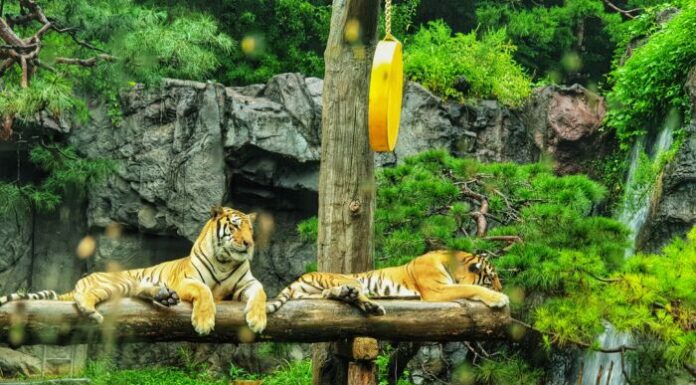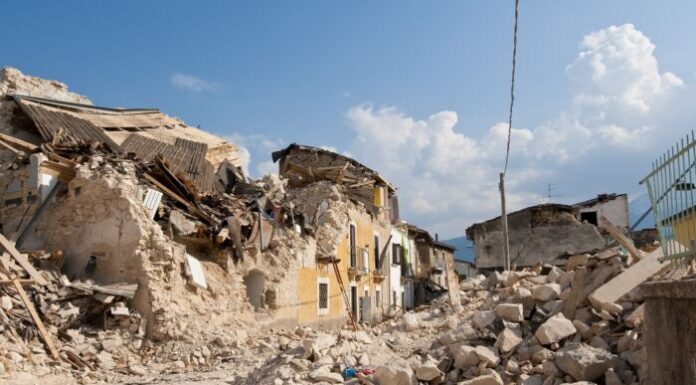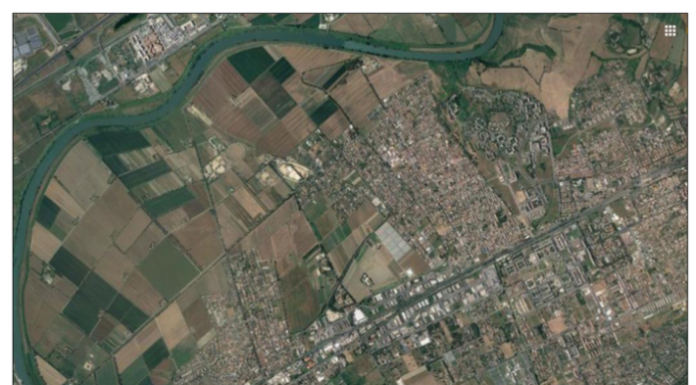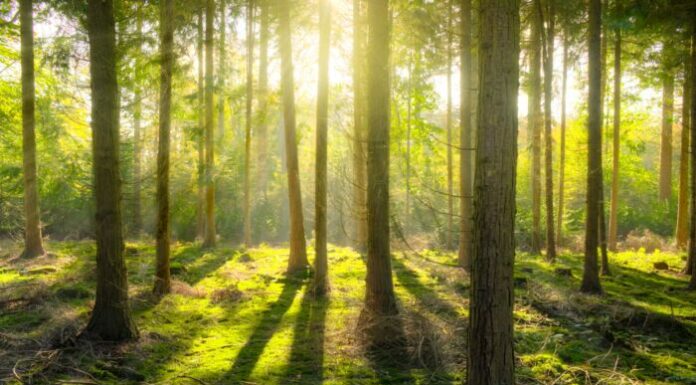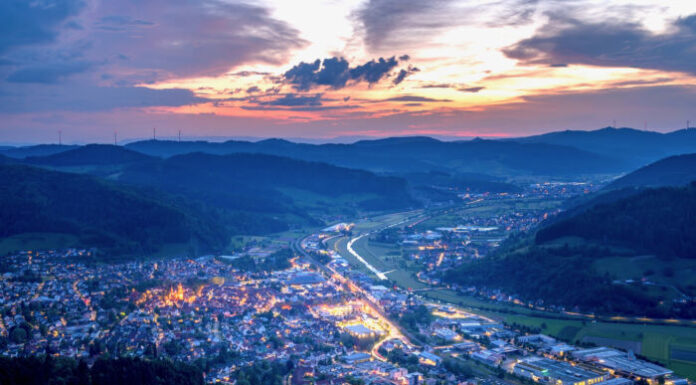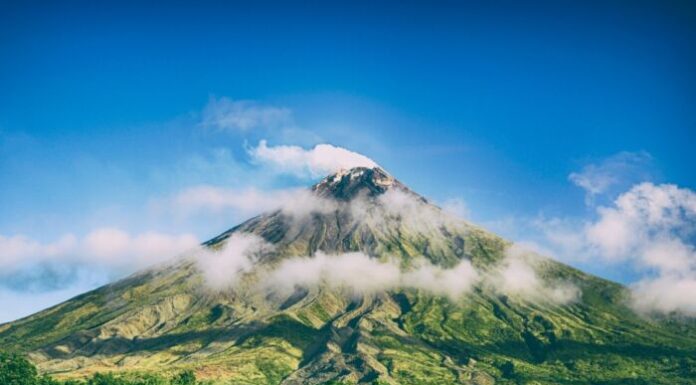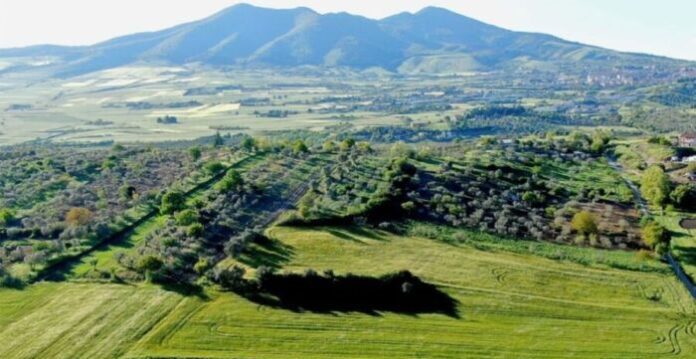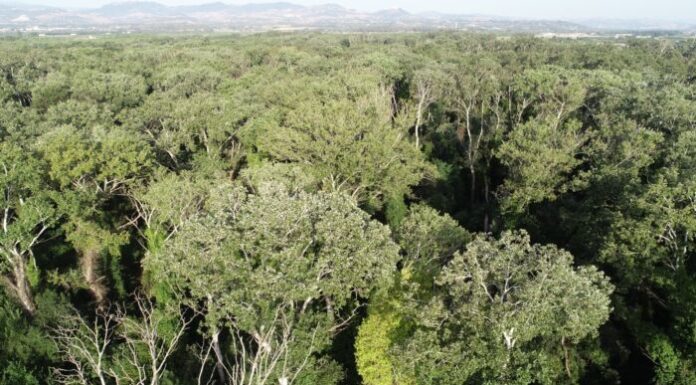Animals find it increasingly difficult to mate and reproduce, often due to man and his habits. Among these causes of disturbance to animal love,...
An earthquake with a magnitude of 7.9 was recorded in Turkey on 6 February 2023 and affected a large area in south-eastern Anatolia, on...
In urban areas, settlement expansion and landscape transformations are intimately associated, involving multiple domains: ecology, spatial planning, economic issues and social aspects. Contemporary urbanisation,...
Forest vulnerability to drought is expected to increase under anthropogenic climate change, and drought-induced mortality and community dynamics following drought have major ecological and...
Polycentrism is a morphological-functional trait of the world's territorial systems. Polycentric regions are characterised by the fact that they do not have a single...
The climate changes had an increasing interest in the public opinion, just as meteorological events related to the global warming, that always more frequently...
The surface of the Sun is dotted with countless eruptions reminiscent of bonfires, never seen before and revealed by the images sent by the...
While it is true that the invention of plastic was nothing short of revolutionary for the great benefits this material has brought to humanity...
The Vulture is pleistocenic volcano localized in the north of Basilicata and it is the highest mountain of the southeastern sector of the Apennines...
The Bosco Pantano forest represents the last strip of lowland forest in southern Italy, 'a fossil' that has escaped the wild reclamation and agricultural...






























